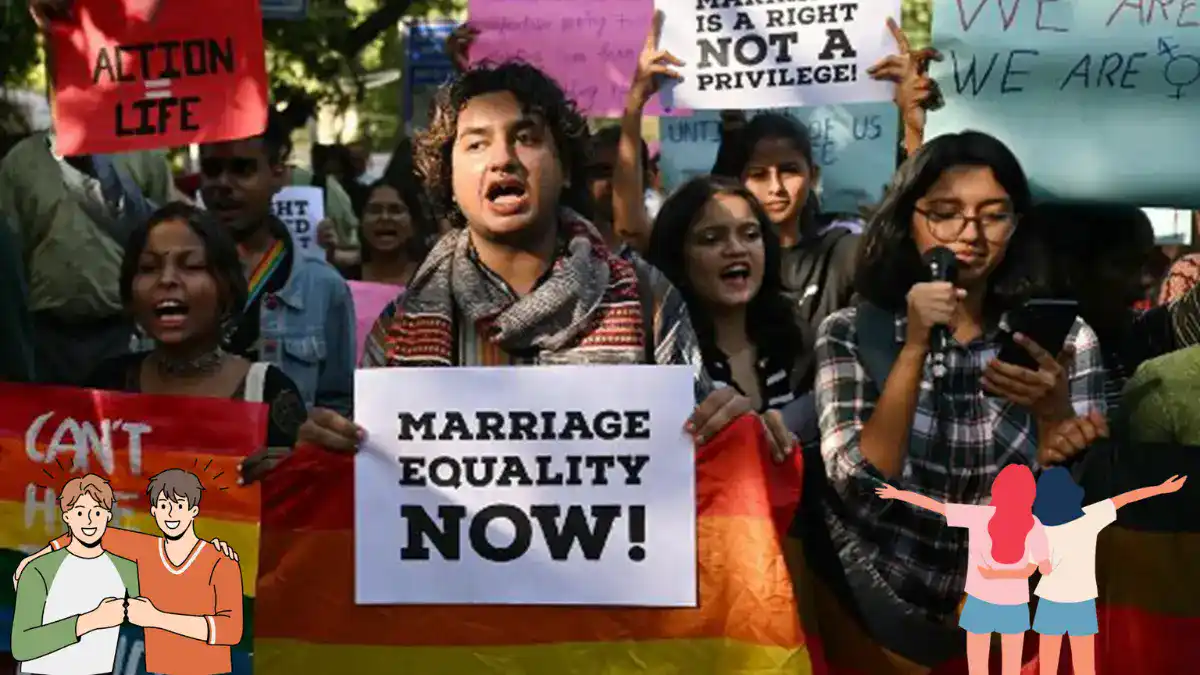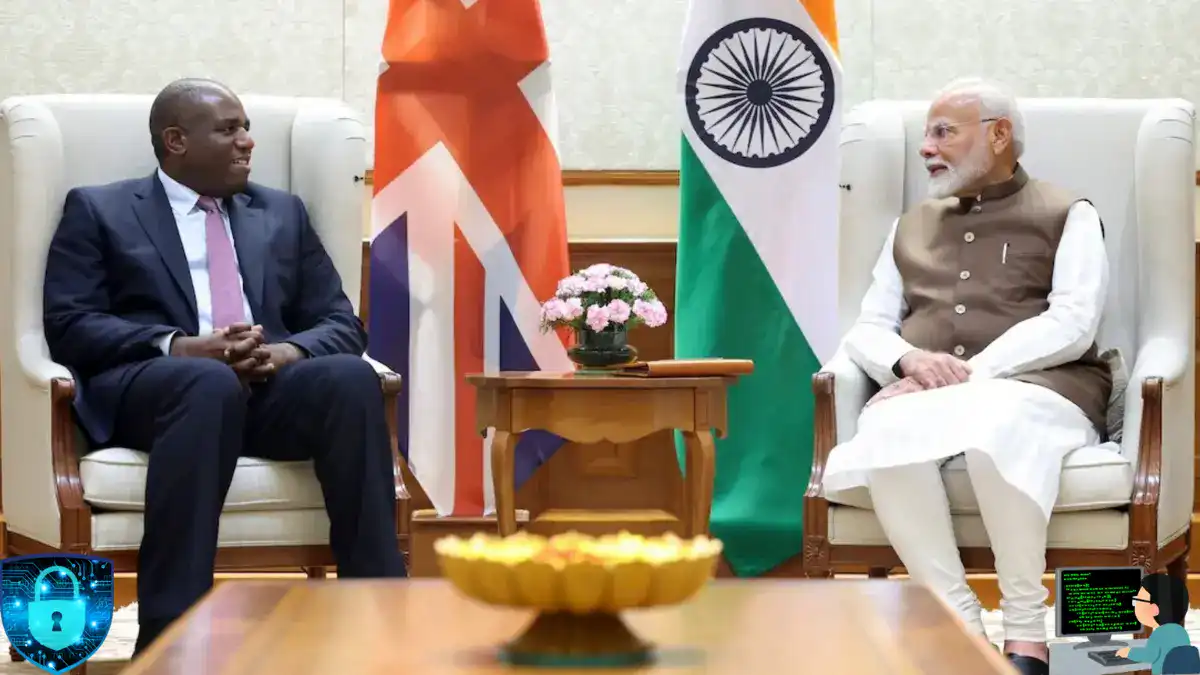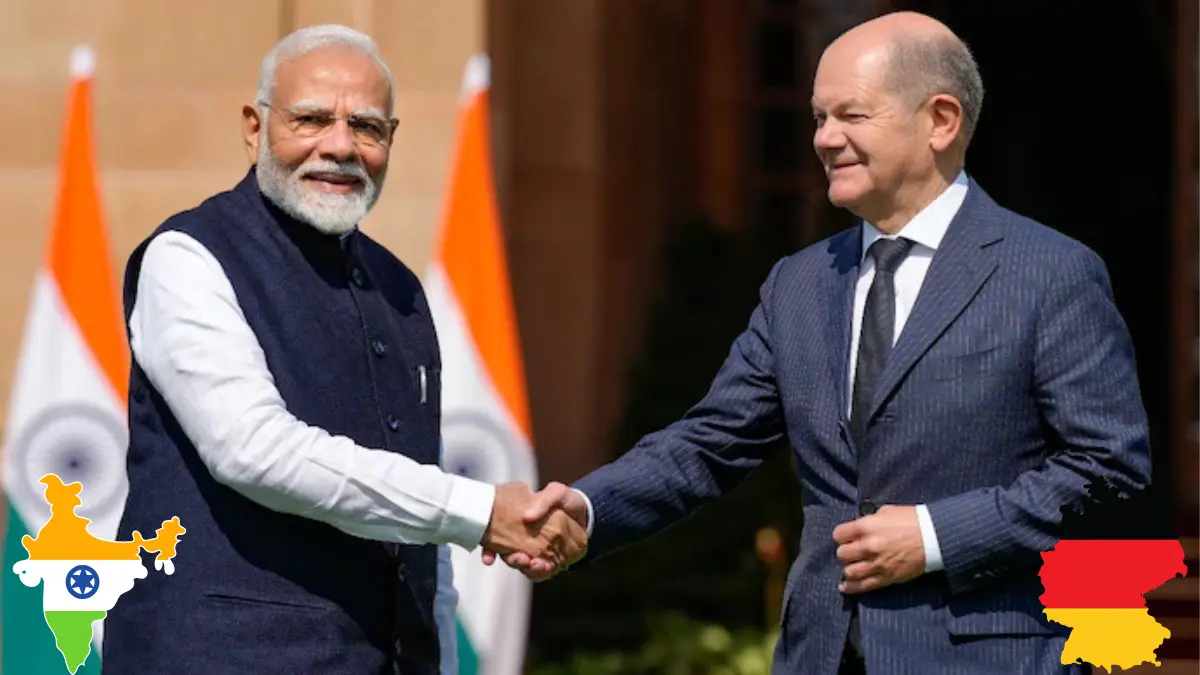
In a significant ruling, a special bench of the Supreme Court of India has declared that same-sex marriage is not a fundamental right under the Indian Constitution. This decision has sparked widespread debate, as it touches on issues of equality, personal freedom, and the legal recognition of LGBTQ+ rights. So, what does this ruling mean for the LGBTQ+ community and the future of marriage rights in India? Let’s explore further.
What Was the Supreme Court’s Decision?
The Supreme Court’s special bench ruled that the right to marry someone of the same sex is not guaranteed as a fundamental right under the Indian Constitution. This means that, according to the court, there is no constitutional obligation to allow same-sex marriages at the national level. The court acknowledged the importance of dignity and privacy for individuals in same-sex relationships but stated that legalizing same-sex marriage is a matter for Parliament to decide.
This ruling came after a long legal battle, with many activists and members of the LGBTQ+ community hoping for legal recognition of same-sex marriage.
Why Was This Case Important?
The case has been closely watched by many, as it directly relates to the rights of LGBTQ+ individuals in India. Although the Supreme Court decriminalized homosexuality in a historic decision in 2018, same-sex marriage has remained a contentious issue. Many in the LGBTQ+ community argue that without the legal recognition of marriage, they face discrimination in areas like inheritance, adoption, and medical rights.
The push for same-sex marriage rights has been about more than just marriage itself; it’s also about equal rights and access to legal protections for couples in same-sex relationships.
How Does This Ruling Affect the LGBTQ+ Community?
For many in the LGBTQ+ community, the ruling is seen as a setback. Without the right to marry, same-sex couples continue to face legal and social challenges in India. They do not have access to many of the legal benefits and protections that married heterosexual couples enjoy, such as the right to adopt children together, make medical decisions for each other, or inherit property as a spouse.
However, the court’s decision does not shut the door completely on the issue. The judges made it clear that it is up to the Indian Parliament to decide whether same-sex marriages should be legalized in the future. This leaves room for lawmakers to potentially take up the issue and pass legislation that could change the current legal status of same-sex marriages in India.
What Does This Mean for Future Legal Battles?
While the ruling is a disappointment for those seeking marriage equality, it has also opened the conversation for future legal and legislative action. The Supreme Court emphasized that while marriage might not be a fundamental right, the dignity and privacy of LGBTQ+ individuals are still protected by the Constitution.
The next step for activists and supporters of same-sex marriage could be to push for legislative change through Parliament. As the court pointed out, changes in marriage laws can be made through proper legislative channels, allowing for debate and consideration of the public’s views on the issue.
What Could Happen Next?
The ruling places the responsibility of legalizing same-sex marriage in the hands of the Indian Parliament. This means that the future of same-sex marriage in India now depends on lawmakers, who will need to address the demands for equality and legal recognition from the LGBTQ+ community. If enough public and political support is gathered, there is still a chance for the legalization of same-sex marriage through legislative reform.
The conversation about same-sex marriage in India is far from over. While this ruling may be a setback for now, it has also sparked renewed attention to the issue, potentially pushing it to the forefront of future discussions on LGBTQ+ rights in the country.
Conclusion
The Supreme Court’s decision that same-sex marriage is not a fundamental right under the Constitution has sparked significant debate. While the ruling has disappointed many LGBTQ+ advocates, it also highlights the role of Parliament in addressing the issue. As the discussion continues, the future of same-sex marriage in India may depend on legislative action and growing public support for equality.




